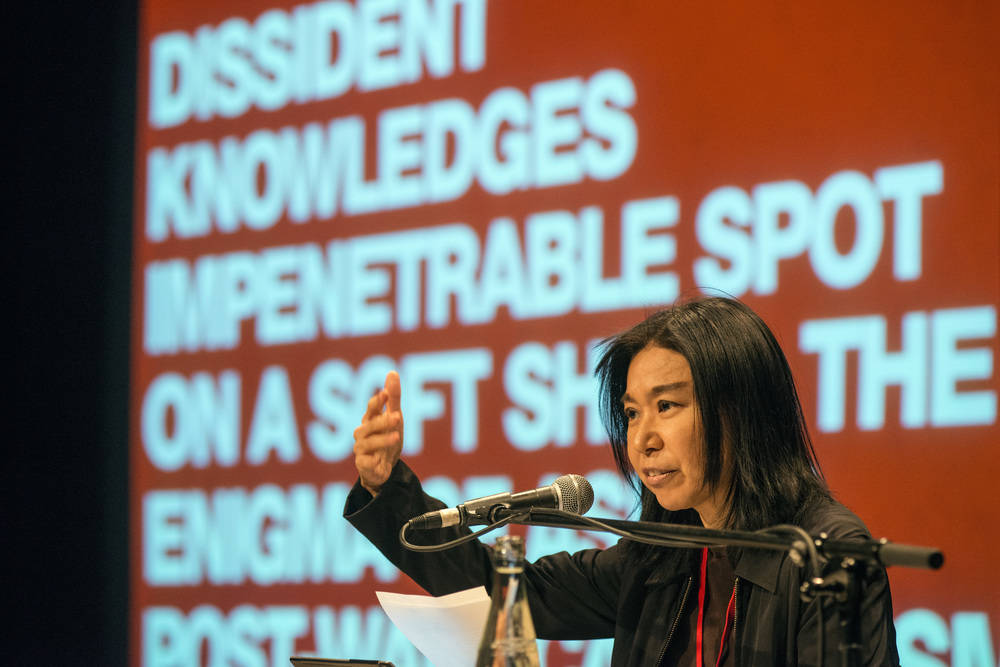For those who lived at that particular place and during that specific time, one of the humiliating aspects of the postcommunist “former East” lay in the word “East.” It was not a geographical term but a political one imposed on a region by external forces. The East carried a sad series of connotations: backwardness, irrationality, and enigma. Almost a quartercentury after the collapse of the Berlin Wall, however, the West faces the dominance of the very origin of the idea of the East and returns to the imaginaries that originally defined it. The West’s continuous difficulty in understanding the culture of the East—despite the East’s powerful performance in the marketplace— has only consolidated the East’s skepticism of the West’s inability to “learn” them. Implicit in the cultural products that the East makes available to the West, we can find two distinctive attitudes. One, which we see widely today, is to commodify everything, adapting—or pretending to adapt—to the West’s way of thinking, and by extension adopting the West’s way of selling wherein rendering a cultural product as purchasable in the West becomes a sign of being accepted there. In contradiction to this, the other attitude sees the East embrace and even embolden their own systems that remain invisible and impenetrable spots on the silky surface of culture. This lecture-screening looks at these conflicting attitudes through films, television productions, and artistic practices of the East, examining how these two cultural responses are resolved, manifested, or evidenced in order for us to reflect on the current cultural landscape.
